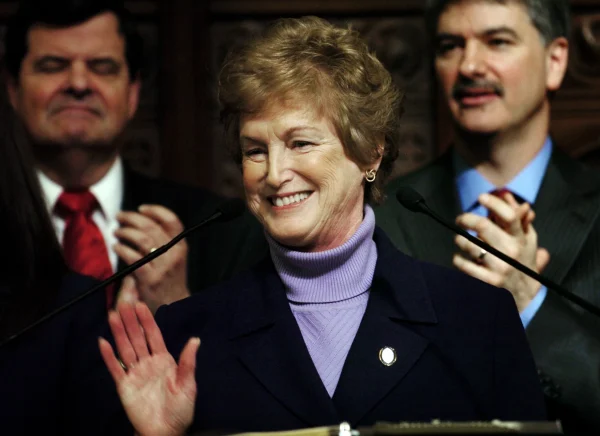Controversy arises surrounding the first AP Black Studies course
February is National Black History month, which honors African Americans throughout United States history and commemorates their struggles and triumphs. The first Advanced Placement (AP) class in Black Studies was announced Feb. 2 at the Smithsonian’s National Museum of African American History and Culture, with teachers and academics in attendance, and faced immediate criticism.
The course lacked topics such as Black Lives Matter, reparations, queer studies and police brutality that people at the unveiling thought were essential to the course. This made supporters wonder if the College Board had bowed to criticism from Florida officials.
“We all suspected that the changes to the curriculum were prompted by political pressure,” said Robin D.G. Kelley, a historian at the University of California, Los Angeles, in an email.
The College Board, headed by David Coleman, is a nonprofit organization that administers SATs and AP courses throughout high schools in the United States. Coleman said the motivations for the changes in the course were not responses to criticism.
But when the course was displayed to the states’ Department Of Education (DOE), Florida sent a letter to the College Board that rejected the course. Jason Manoharan, vice president for AP program development and Florida state officials met to discuss the content.
After the meeting, Manhoran said, “I have interacted with many DOEs — this DOE acts as a political apparatus. It’s not an effort to improve education.”
Manoharan, who is one of the primary decision makers, said the term intersectionality was removed from the course because it was “filled up with political rhetoric.” Intersectionality is the interconnected nature of social categorizations such as race, class, and gender as they apply to a given individual or group, regarded as creating overlapping and interdependent systems of discrimination or disadvantage. In a statement from the College Board released on Feb.11, they said, “they [FDOE] also claimed that we removed terms like “systemic marginalization” and “intersectionality” at their behest.” Florida officials shared a chronology of their communications with the College Board on Feb. 7, which increased people’s suspicions about the course changes. The College Board said in their Feb. 11 statement, responding to Florida’s letter, “… Florida expresses gratitude for the removal of 19 topics, none of which they ever asked us to remove, and most of which remain in the official framework.”
“We deeply regret not immediately denouncing the Florida Department of Education’s slander, magnified by the DeSantis administration’s subsequent comments, that African American Studies “lacks educational value.” Our failure to raise our voice betrayed Black scholars everywhere and those who have long toiled to build this remarkable field,” the College Board said.
One of the main reasons the course was added was to encourage all students, especially Black students to take AP courses and exams in which they have been historically underrepresented. In a 2017-18 study from the U.S. Department of Education’s Civil Rights Data Collection, 52.4% of white students were enrolled in AP classes compared to only 9.3% of Black students.
The College Board said about the course, “This will be the most rigorous, cohesive immersion that high school students have ever had in this discipline. Many more students than ever before will go on to deepen their knowledge in African American Studies programs in college.”
The framework for the course announced on Feb. 2 is still “only the outline of the course, still to be populated by the scholarly articles, video lectures, and practice questions that we assemble and make available to all AP teachers in the summer for free and easy assignment to their students,” said the College Board.
“This new AP course can be historic—what makes history are the lived experiences of millions of African Americans, and the long work of scholars who have built this field.”



